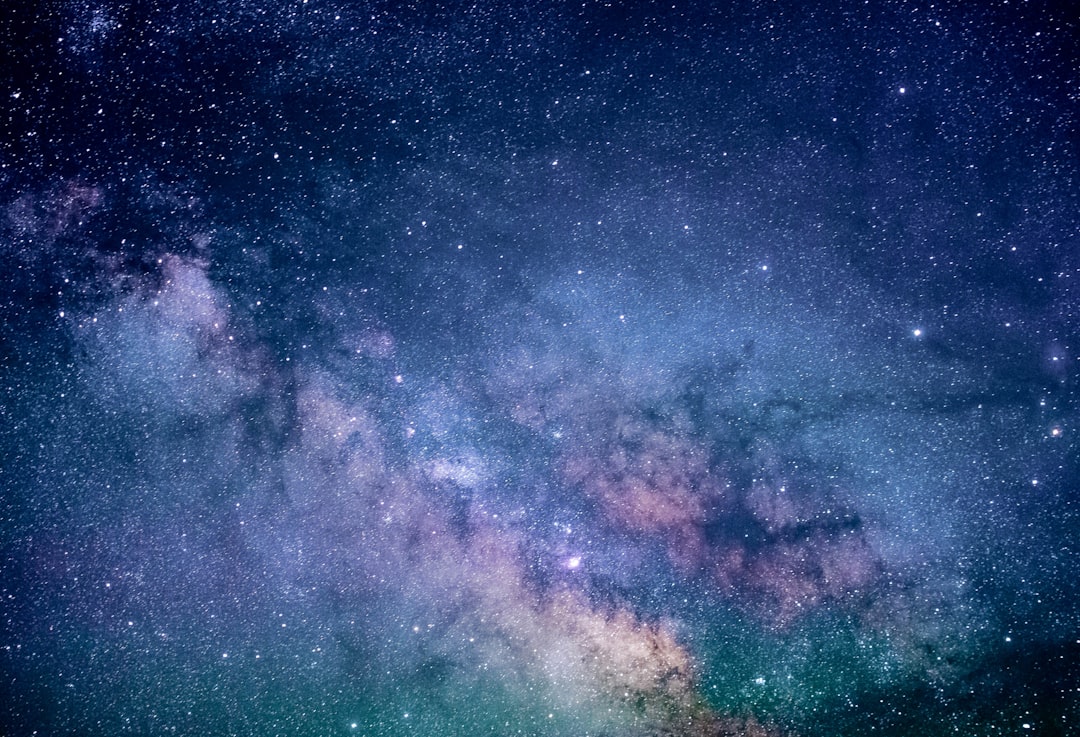Học từ vựng cùng Thay Anh IELTS

Topic hôm nay: Space
Từ vựng:
1. Universe (/ˈjuːnɪvɜːrs/)
– Nghĩa tiếng Việt: Vũ trụ
– Nghĩa tiếng Anh: All existing matter and space considered as a whole; the cosmos
– Ví dụ: Scientists are still exploring the mysteries of the universe.
2. Astronaut (/ˈæstrənɔːt/)
– Nghĩa tiếng Việt: Phi hành gia
– Nghĩa tiếng Anh: A person who is trained to travel in a spacecraft.
– Ví dụ: Yuri Gagarin was the first astronaut to travel into space.
3. Orbit (/ˈɔːrbɪt/)
– Nghĩa tiếng Việt: Quỹ đạo
– Nghĩa tiếng Anh: The curved path that a moon, planet, or spacecraft follows as it moves around a star, planet, or other celestial object.
– Ví dụ: The moon orbits the Earth approximately once every 27.3 days.
4. Galaxy (/ˈɡaləksi/)
– Nghĩa tiếng Việt: Ngân hà
– Nghĩa tiếng Anh: A huge collection of gas, dust, and billions of stars and their solar systems.
– Ví dụ: The Milky Way is our home galaxy.
5. Comet (/ˈkɒmɪt/)
– Nghĩa tiếng Việt: Sao chổi
– Nghĩa tiếng Anh: A celestial object that orbits the sun, has a core of ice and rock, and often has a tail of gas and dust particles pointing away from the sun.
– Ví dụ: Halley’s Comet appears in the inner parts of the Solar System every 76 years.
6. Meteor (/ˈmiːtiər/)
– Nghĩa tiếng Việt: Thiên thạch
– Nghĩa tiếng Anh: A small body of matter from space that enters the Earth’s atmosphere, becoming incandescent as a result of friction and appearing as a streak of light.
– Ví dụ: The Perseid meteor shower occurs every year in August.
7. Nebula (/ˈnebjʊlə/)
– Nghĩa tiếng Việt: Tinh vân
– Nghĩa tiếng Anh: A cloud of gas and dust in outer space, visible in the night sky either as an indistinct bright patch or as a dark silhouette against other luminous matter.
– Ví dụ: The Orion Nebula is one of the brightest nebulae visible to the naked eye in the night sky.
8. Supernova (/ˌsuːpərˈnəʊvə/)
– Nghĩa tiếng Việt: Siêu tân tinh
– Nghĩa tiếng Anh: The explosion of a star, resulting in an extremely bright, short-lived object that emits vast amounts of energy.
– Ví dụ: A supernova is the largest explosion that takes place in space.
9. Telescope (/ˈtɛlɪskəʊp/)
– Nghĩa tiếng Việt: Kính thiên văn
– Nghĩa tiếng Anh: An instrument designed to make distant objects appear nearer, containing an arrangement of lenses or of curved mirrors and lenses.
– Ví dụ: Astronomers use telescopes to observe the stars and planets.
10. Satellite (/ˈsatəlaɪt/)
– Nghĩa tiếng Việt: Vệ tinh
– Nghĩa tiếng Anh: An artificial body placed in orbit around the Earth or Moon or another planet in order to collect information or for communication.
– Ví dụ: The weather forecast is based on data collected by weather satellites.
Bài tập
1. The Milky Way is a large ________ that our solar system is a part of.
2. The Hubble Space ________ has provided some of the most detailed images of distant galaxies.
3. Many kids dream of becoming an ________ and traveling to space.
4. Meteor showers occur when the Earth passes through the debris left by a ________.
5. The moon follows a specific _____ around the Earth.
6. Astronomers use a large ________ to observe distant stars and planets.
7. A ________ is an explosion of a star, which results in an extremely bright object that emits vast amounts of energy.
8. The ________ is everything that exists, including all physical matter and energy, the planets, stars, galaxies, and the contents of intergalactic space.
9. A ________ is a cloud of gas and dust in outer space, visible in the night sky either as an indistinct bright patch or as a dark silhouette against other luminous matter.
10. GPS uses a system of ________s to pinpoint a user’s exact location on Earth.
Đáp án:
1. Galaxy
2. Telescope
3. Astronaut
4. Comet
5. Orbit
6. Telescope
7. Supernova
8. Universe
9. Nebula
10. Satellite